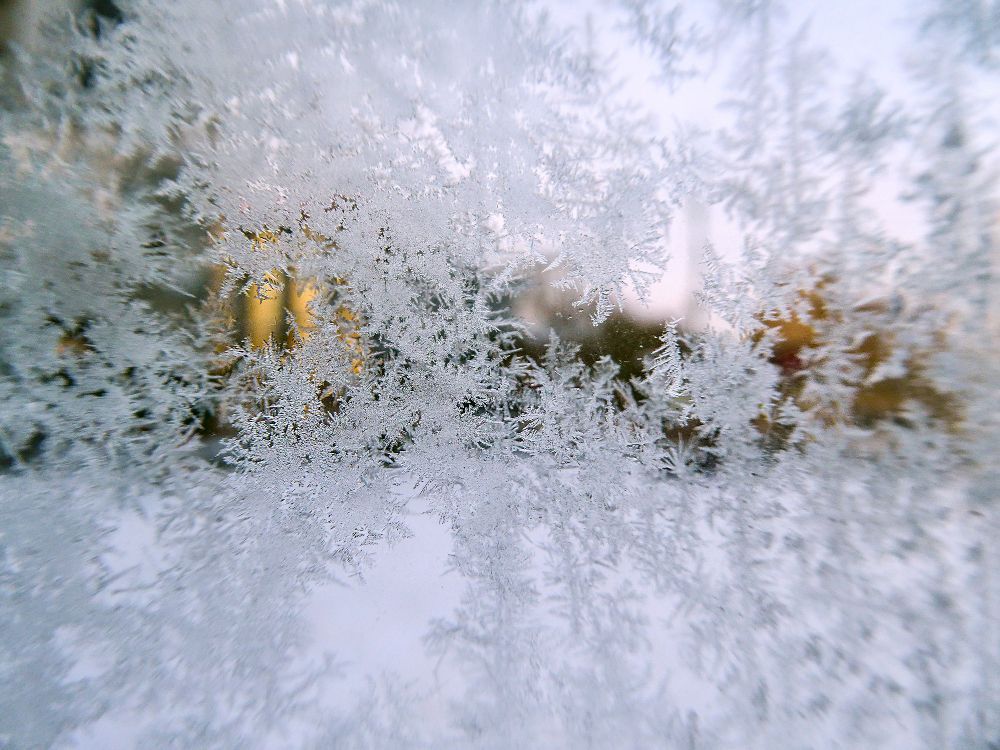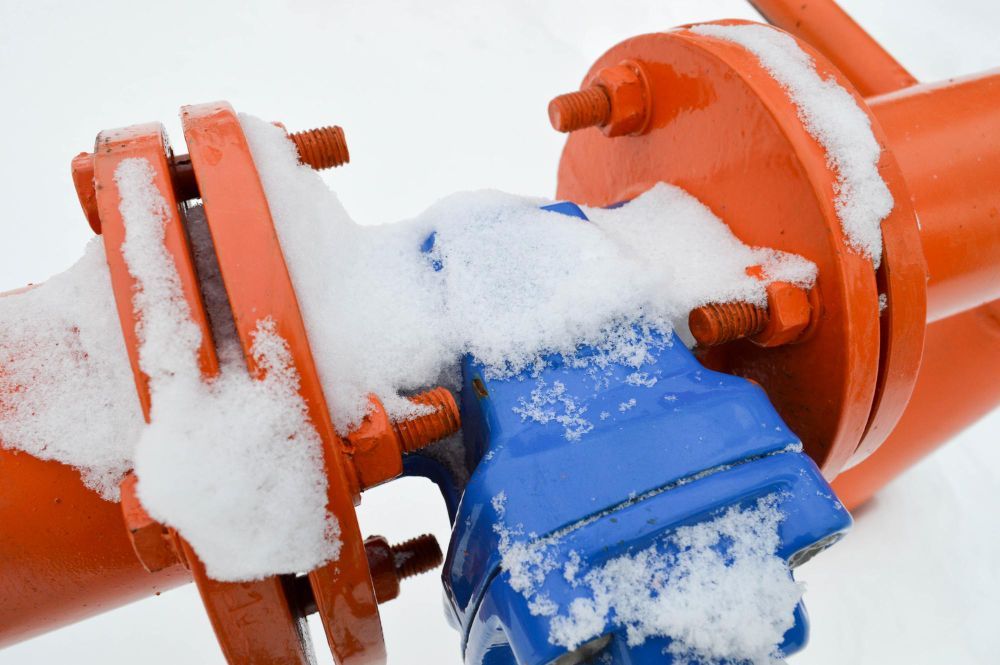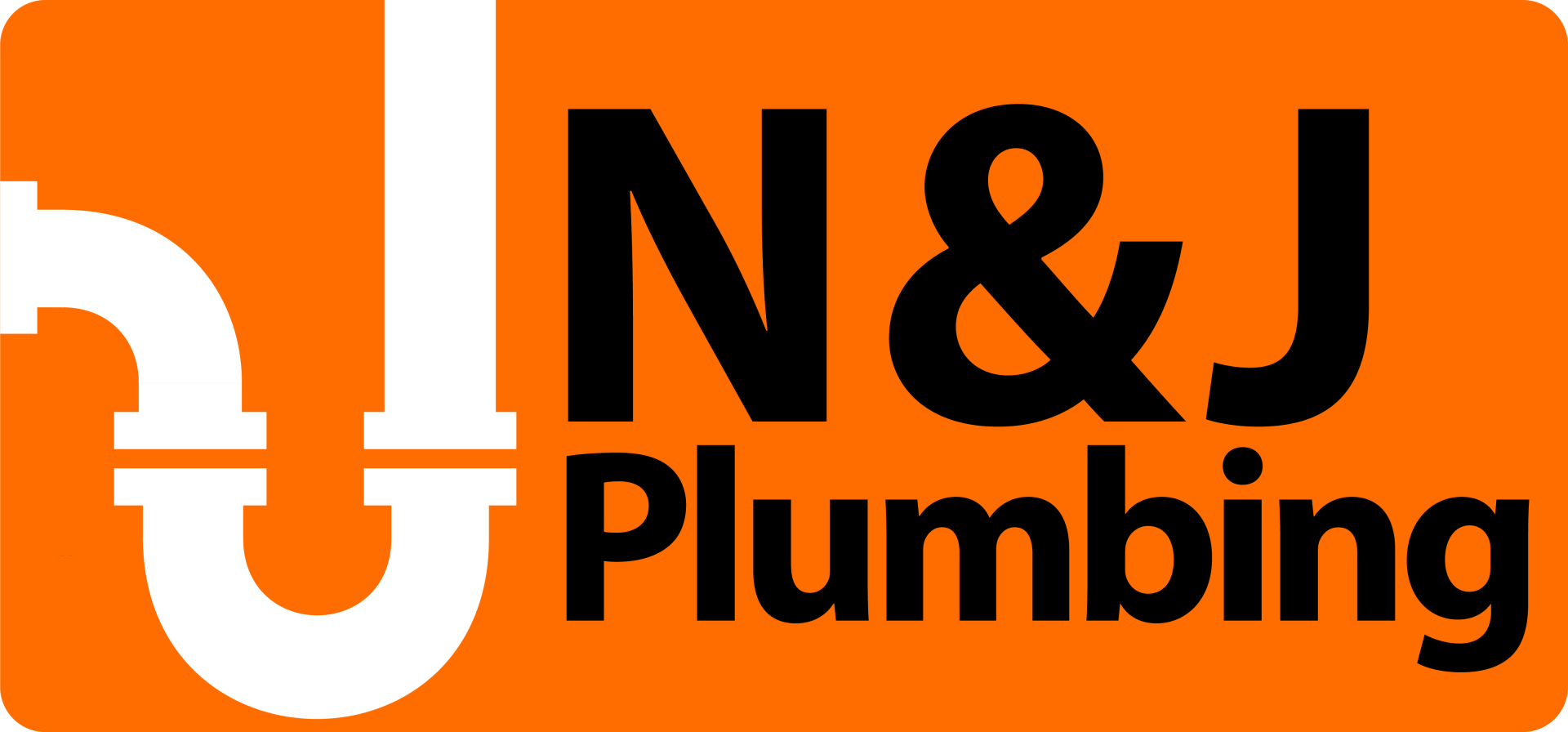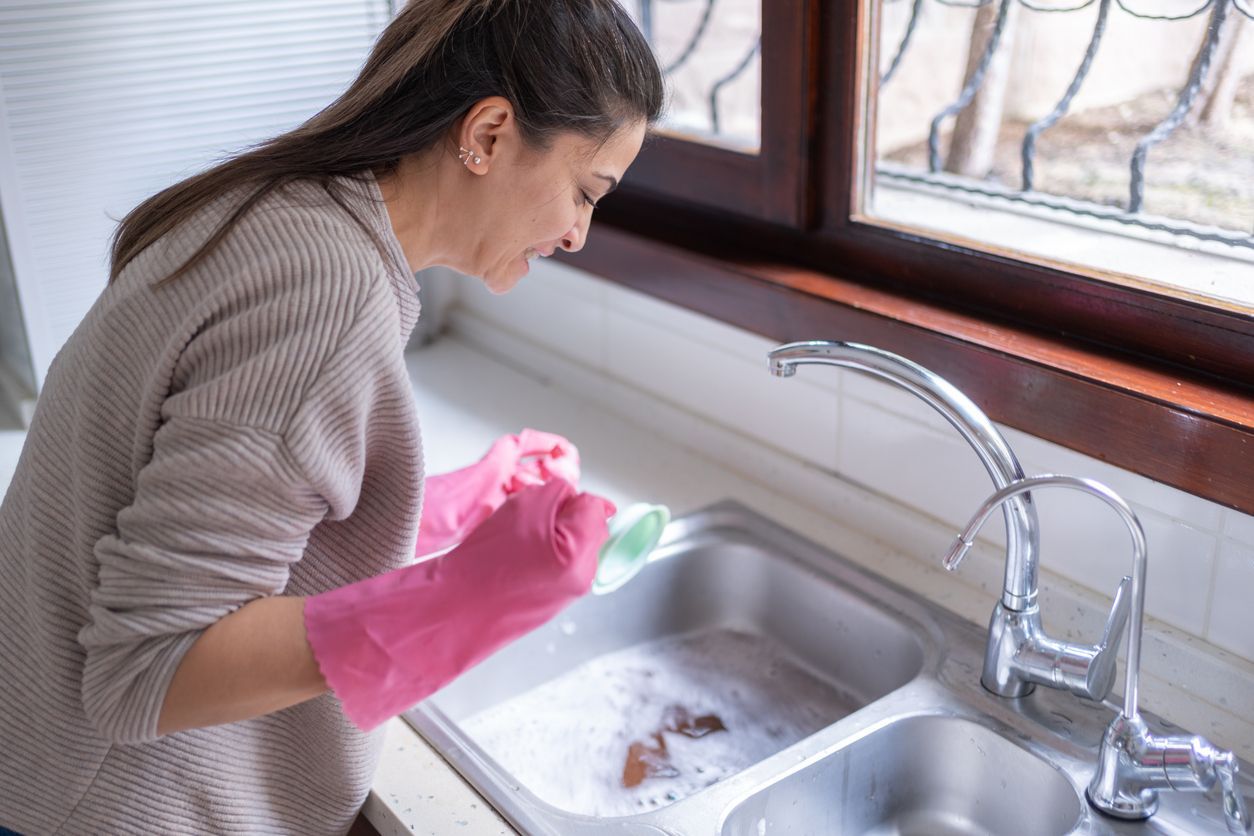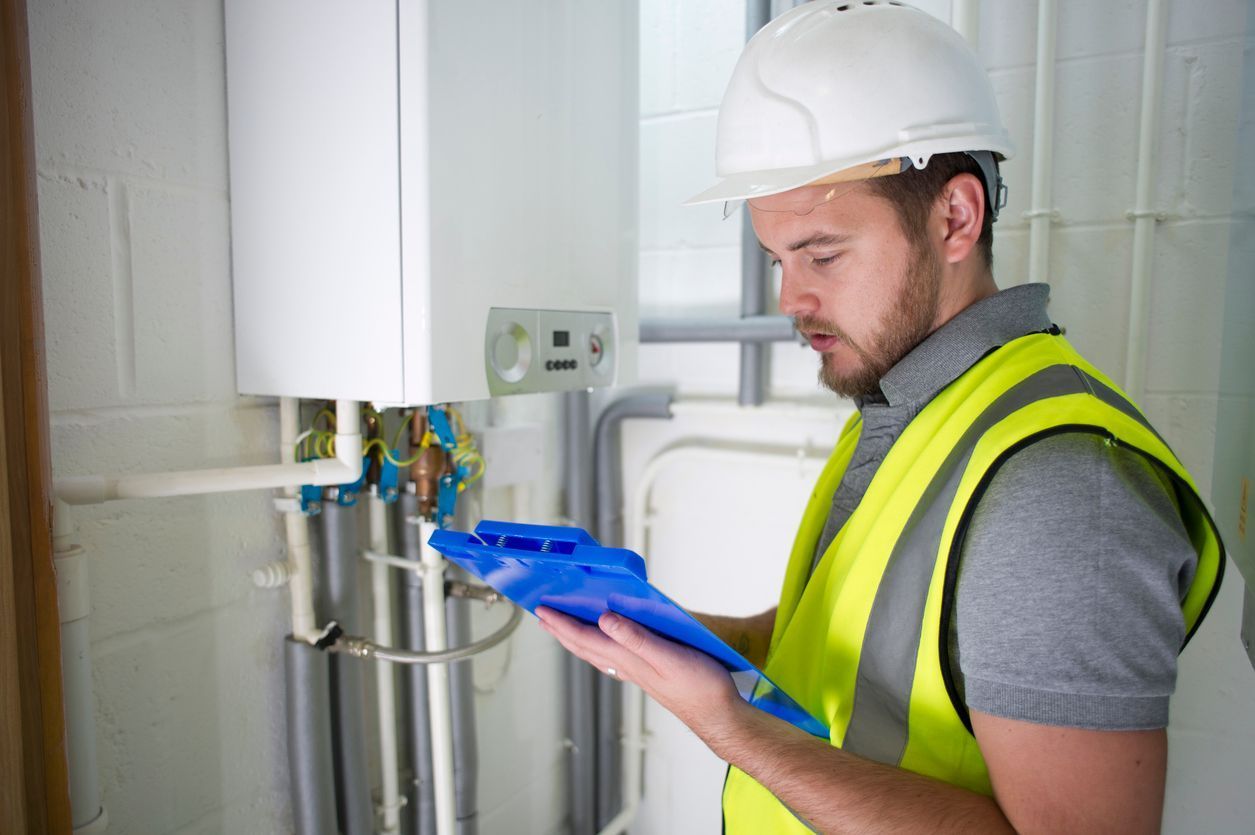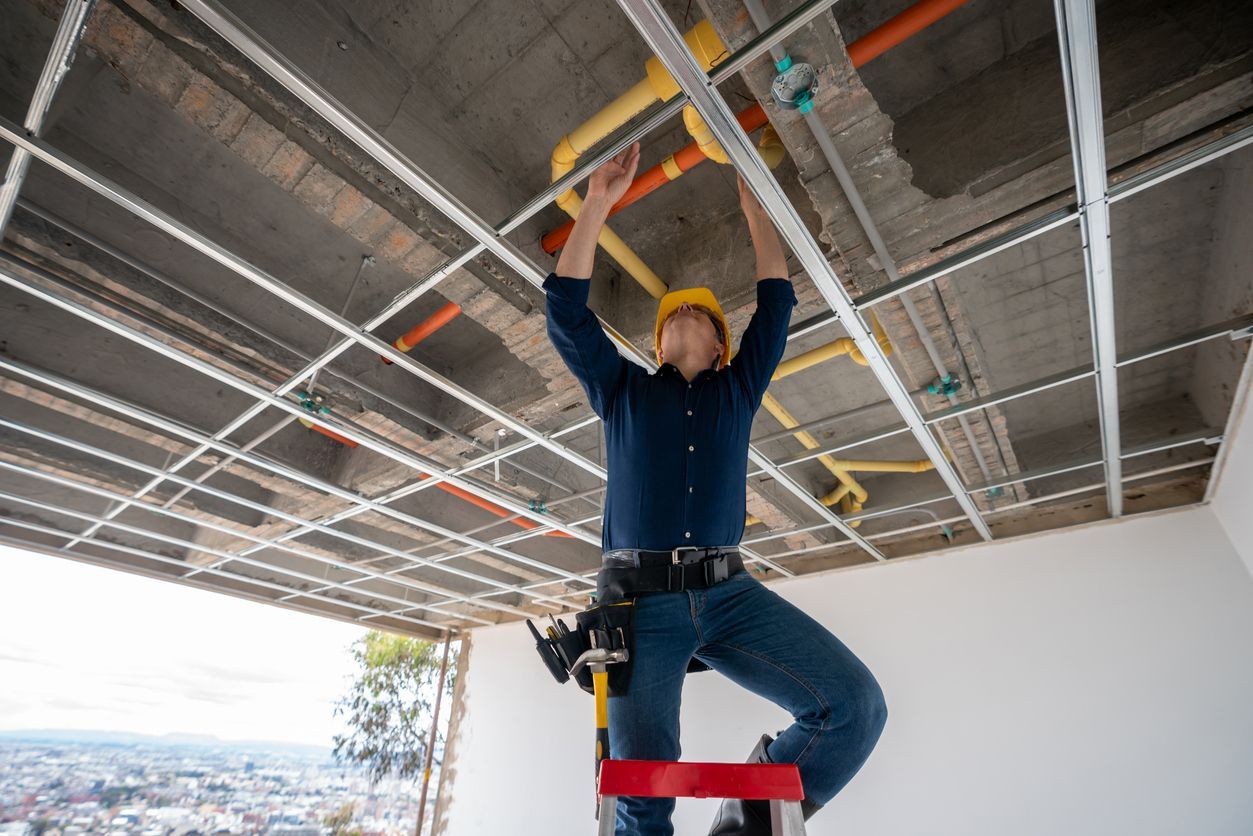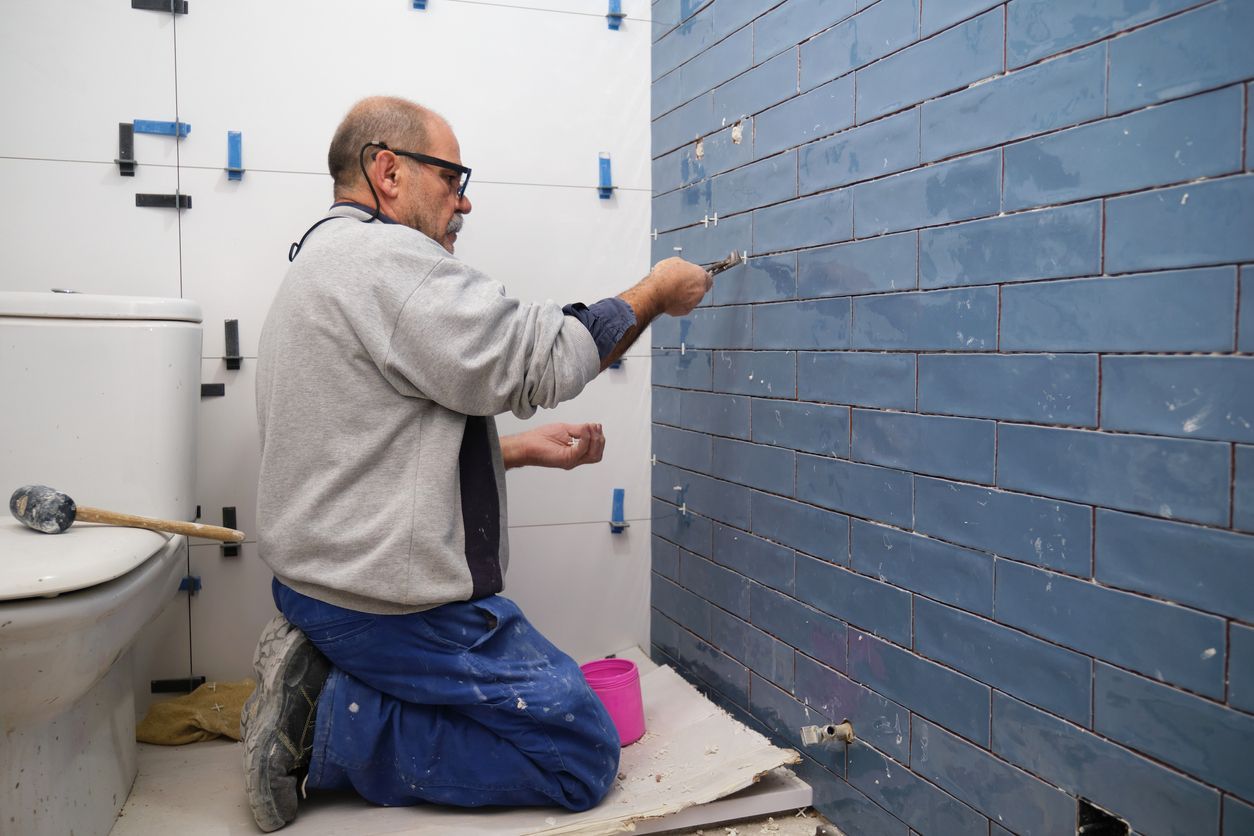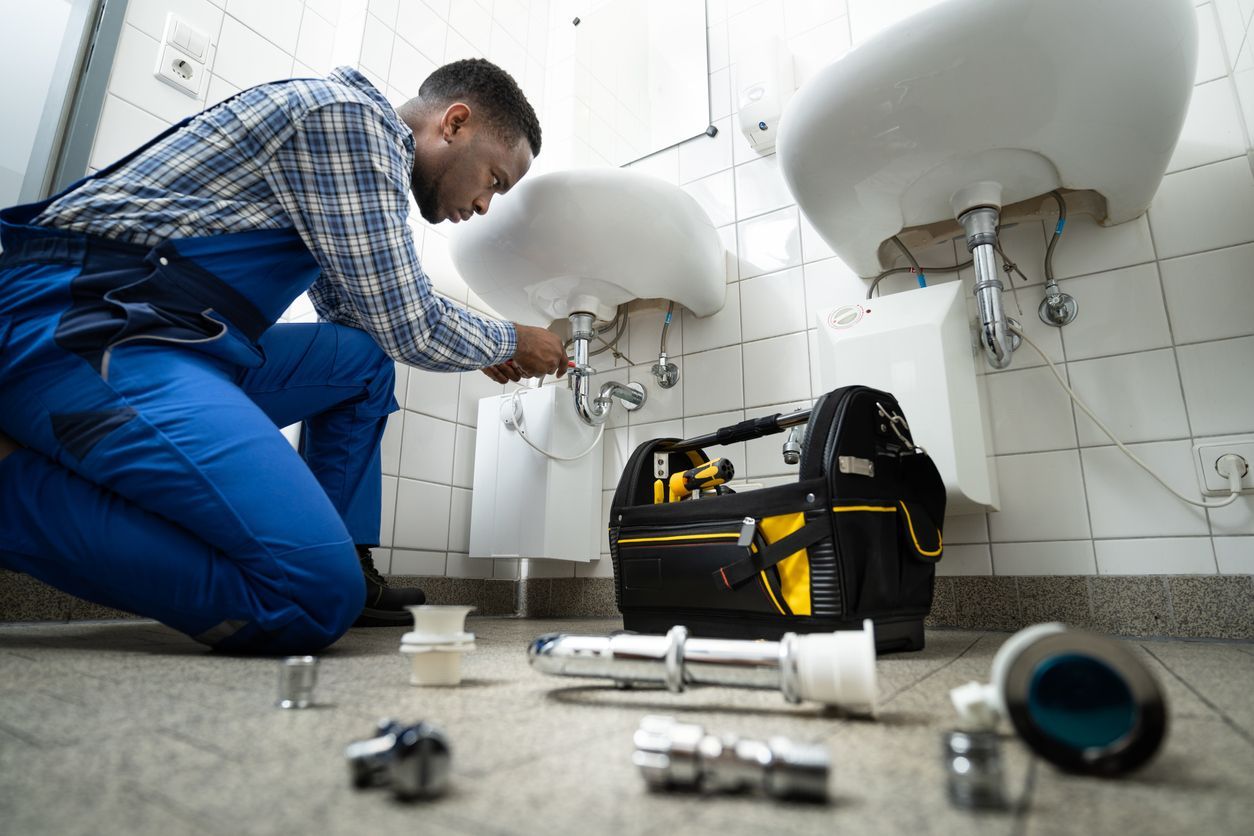Water Heater Leaks: Learning the Common Reasons and Solutions
Hiring experts to fix the problem.
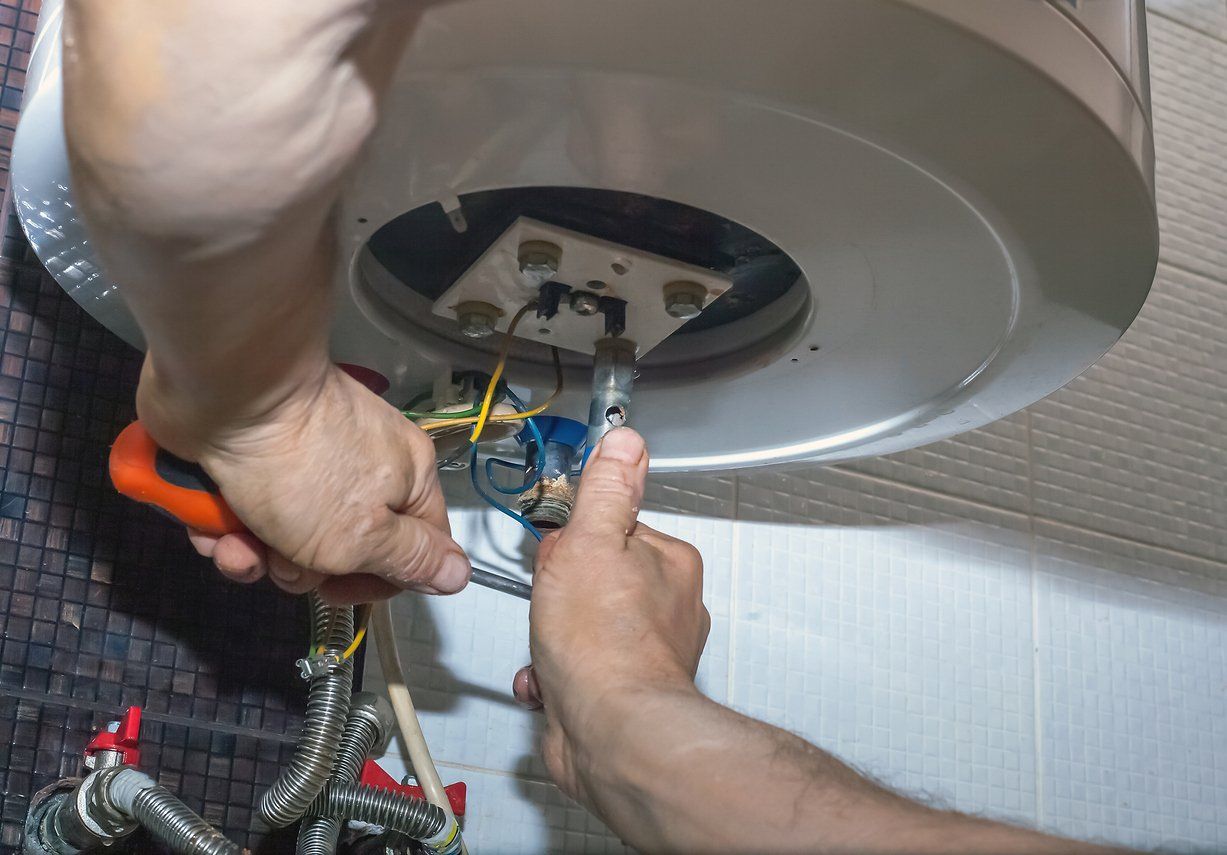
Water heater leaks often result in damage to floors if they're not fixed on time. The leaks may go undetected for some time since there are leaks you can see and those you can't.
Most homeowners are unsure of how to fix a leaking water heater and have no idea why it could be leaking. Here are some possible reasons why your water heater leaks.
Possible Reasons for Water Heater Leaks
Loose Inlet and Outlet Connections
The inlet and outlet water heater connections ensure a steady flow of water in and out of the heater, thus continuously operational. After some time, they loosen up due to water pressure. Once the inlet and outlet points are loose, water leaks. This is bound to happen over time and should not cause much worry since they can easily be fixed by tightening them to their initial conditions. Apart from loosening, there are hardly any other issues of concern related to the two points.
High Water Pressure
The water heating process produces steam. Increased steam in the water heater increases pressure. The pressure builds up to a high level that the heater cannot sustain anymore; thus, water starts to leak from present cracks. Causes of high pressure in the water heater may also be as a result of connecting the heater to a high-pressure water source and setting high water temperatures.
Old Tanks
A water heater unit that has lasted for more than 15 years may be prone to leaks. The leaks occur through cracks that have developed in the tanks. Old tanks are often compromised as they have possibly rusted and become weak, cracking and leaking their contents. They may not maintain the water temperature as they used to. Once you notice the tank is getting relatively old, you should consider replacing it.
Corroded Anode Rod
An anode rod protects the water heater by attracting corrosive elements which are harmful to the heater. After some time, it diminishes in size, leaving a gap in the system. Water then leaks through the opening. When this occurs, a replacement serves as a quick solution.
Defective Pressure and Temperature Valves
The T&P valves aid in relieving pressure build-up inside the tank. When these fail to work efficiently, the water leaks. Have defective valves replaced. Tightening may not offer a long-term solution. Ensure to lower the pressure before making any fixing attempts to the T&P valves.
You may not have dealt with leaking water heater issues before; therefore, if you are unsure of the steps to take, consider contacting a professional to help with the situation.
